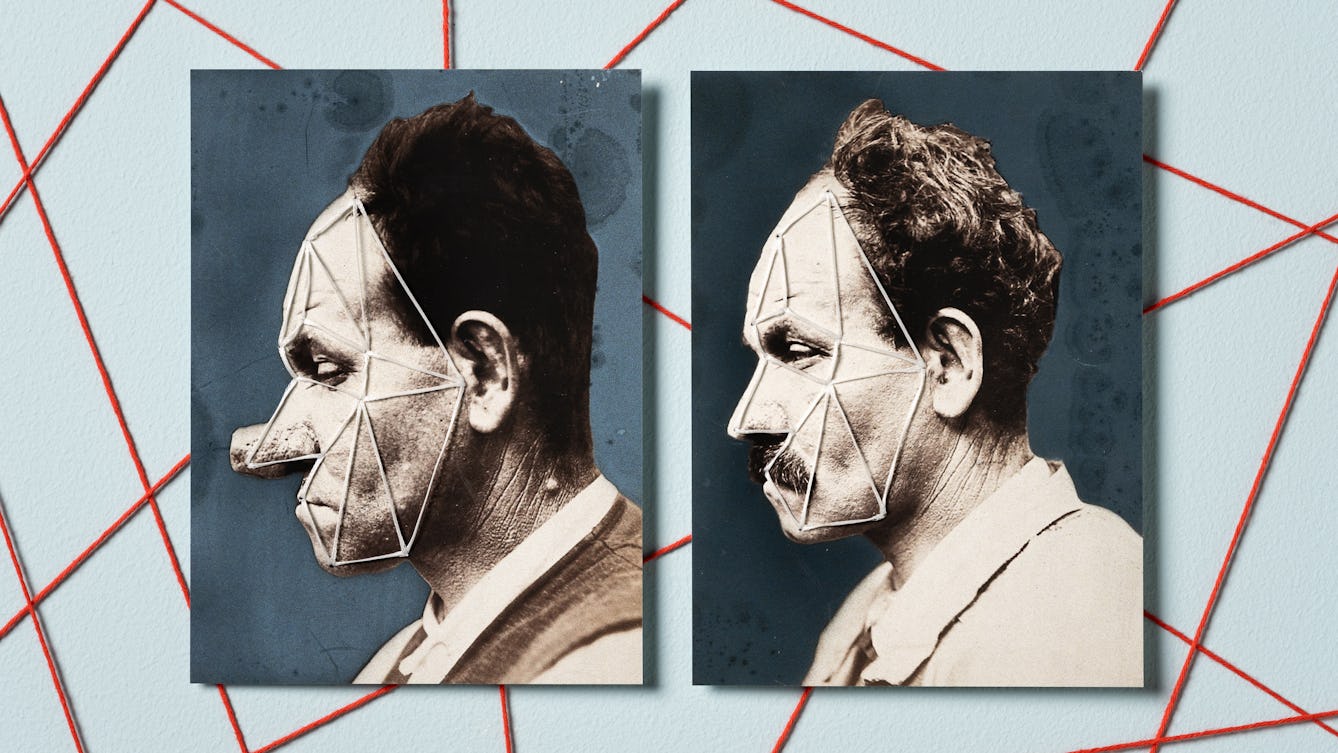
- Article
- Article
The law of periodicity for menstruation
Dr Edward Clarke's Law of Periodicity claimed that females who were educated alongside their male peers were developing their minds at the expense of their reproductive organs.

- Article
- Article
The prostitute whose pox inspired feminists
Fitzrovia, 1875. A woman recorded only as A.G. enters hospital and is diagnosed with syphilis.

- Article
- Article
How your hairdresser could save your life
Barbers and hairdressers have a unique view of us – one that means they can spot potentially dangerous health problems. Find out how buzzcuts can lead to blood-pressure checks, and dip-dyes show the way to the dermatologist.

- Long read
- Long read
Primodos, paternalism and the fight to be heard
Journalist Florence Wildblood examines the case of Primodos – a conveniently quick but risky hormone pregnancy test that was prescribed in the 1960s and ’70s – and profiles two women at the story’s shocking heart.

- Article
- Article
Getting under the skin
Before the invention of X-ray in 1895 there was really only one way to accurately study the human body, and that was to cut it open.

- Article
- Article
Families fighting for justice
In 1962 a group of parents whose children had been affected by thalidomide began a decades-long battle in the law courts, the media and Parliament in order to win fair justice for all thalidomide survivors.

- Article
- Article
Two health centres, two ideologies
Two futuristic, light-filled buildings aimed to bring forward-looking healthcare to city dwellers. But the principles behind each were very different.

- Article
- Article
Why even plastic surgery can’t hide you from facial recognition
Once upon a time, plastic surgery allowed a few notorious criminals to evade the law. But today, sophisticated facial-recognition technology has turned dreams of anonymity to dust.